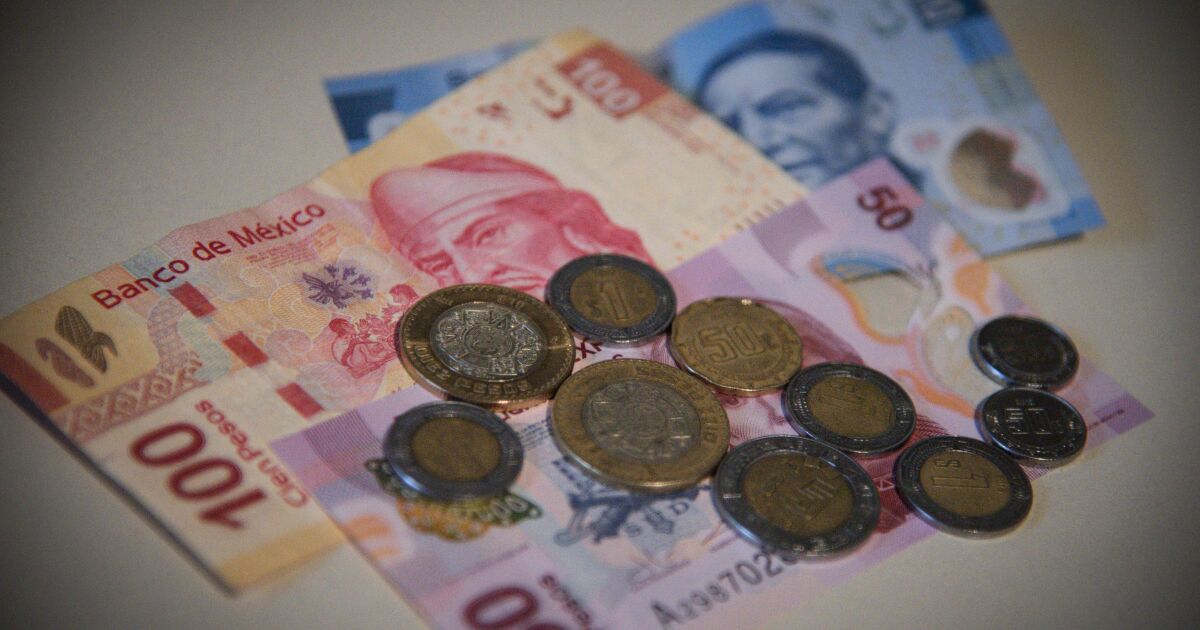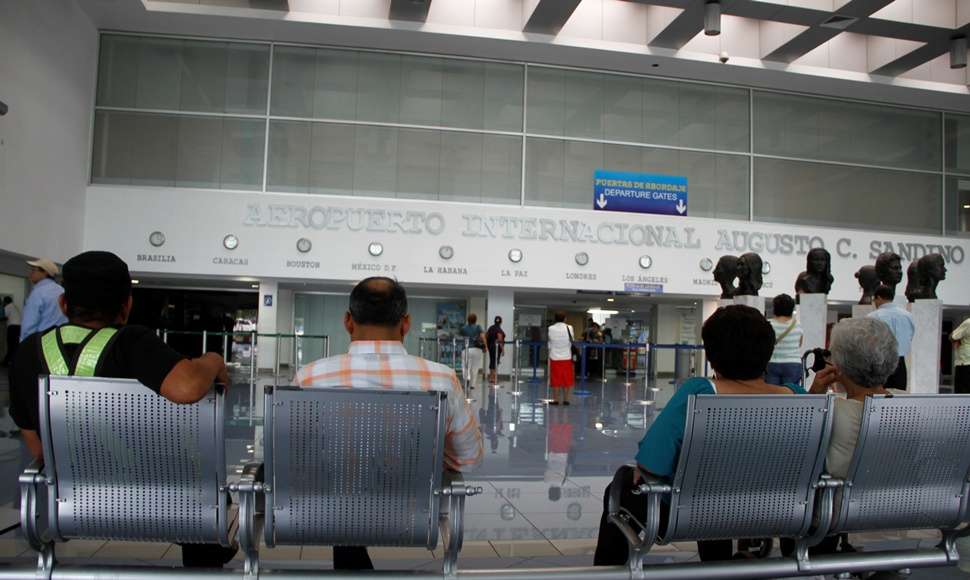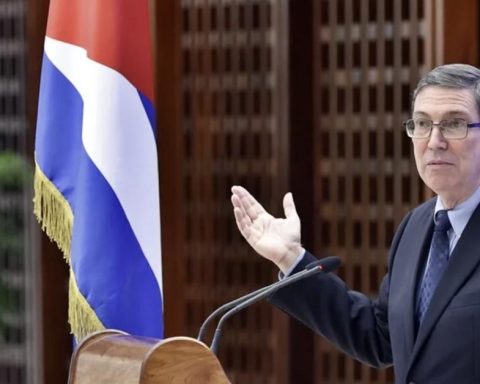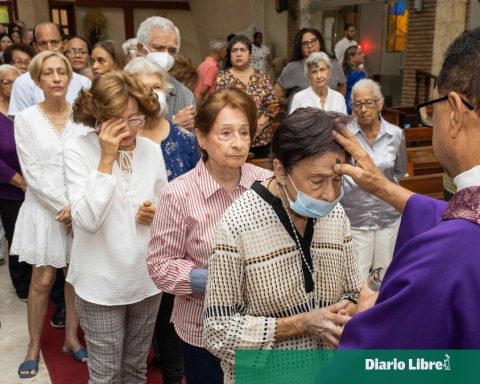The initiative is part of the package of 18 proposed constitutional reforms and two legal reforms that the president sent to the Chamber of Deputies on February 5th and, although since then all parliamentary groups have expressed their support, it was only approved last August. The opposition has already proposed improvements but has not budged even a comma.
According to the explanatory statement, the initiative seeks to reinforce the salary policy undertaken by the government, which resulted in the minimum wage growing by more than 100% in real terms, going from 88.36 pesos per day, which the working base received in 2018, to 248.93 pesos per day in 2024.
In 2019, the increase in the national general minimum wage was 16.2%, in 2020 it was 20%; in 2021 it was 15%; in 2022 it was 22% and in 2023 and 2024 it was 20%.
“To date, the real minimum wage has increased by 110.18%. This increase is significantly higher than the same period during the governments of Enrique Peña Nieto and Felipe Calderón Hinojosa, which were -6.19% and 11.95%, respectively,” the president highlights in his proposal.
For this reason, it is proposed to modify article 123 to, in its section A, section VI, establish that “The annual establishment of general or professional minimum wages, or their review, will never be below the inflation observed during the period of its validity.”
The second proposed amendment is for public sector workers: it is proposed to modify section B, section VI to add salary increases for bureaucrats.
“Full-time elementary school teachers, police officers, national guards, members of the permanent Armed Forces, as well as doctors and nurses, will receive a monthly salary that cannot be less than the average salary registered with the Mexican Social Security Institute (IMSS),” it states.
In 2023, the average monthly income of workers affiliated with the IMSS was 16,777 pesos and many state workers are below that.
This is the case of full-time basic level teachers, police officers, national guards, members of the permanent Armed Forces, as well as doctors and nurses.
According to the presidential initiative, teachers receive approximately 12,500 pesos per month; federal protection service guards and police officers receive 6,800 pesos per month; some members of the Mexican National Guard, Army and Air Force earn 16,000 pesos per month; IMSS nursing staff receive between 5,752 pesos and 9,645 pesos per month, according to official data.
Meanwhile, IMSS medical staff earn between 9,184 and 12,095 pesos per month and nursing staff at the Institute of Social Security and Services for State Workers (ISSSTE) earn around 11,000 pesos per month.
All of these workers would see their incomes increase for the next fiscal year after the reform takes effect, according to the proposal.

















